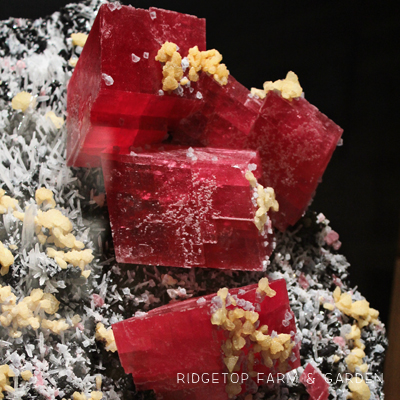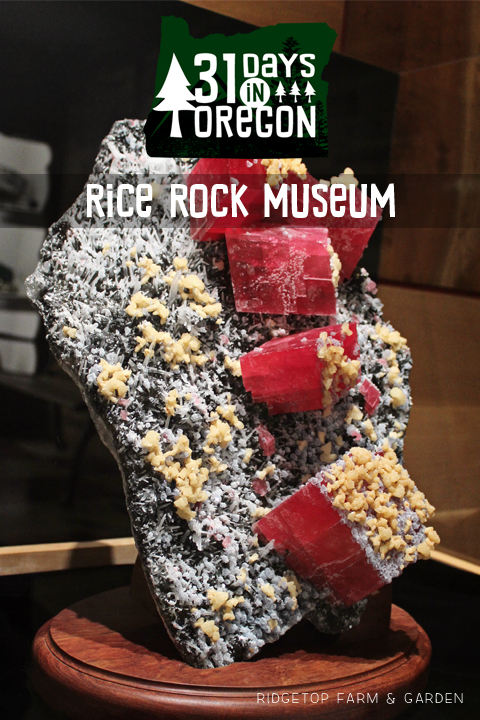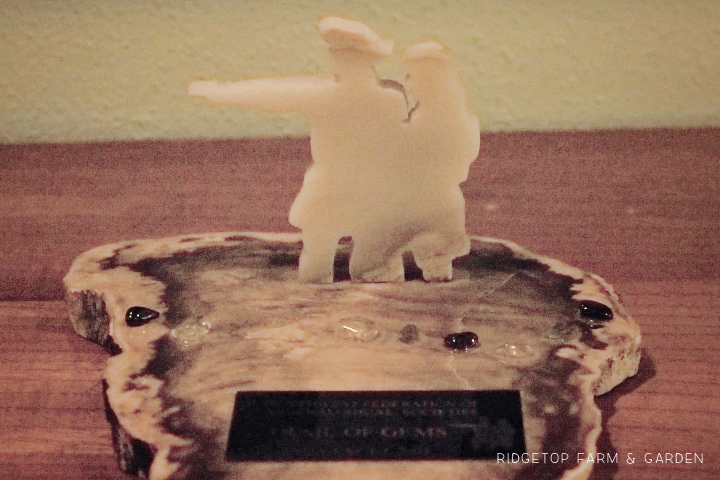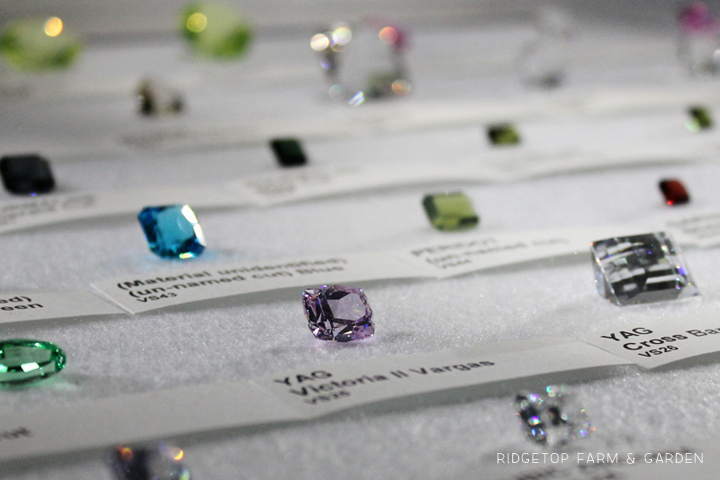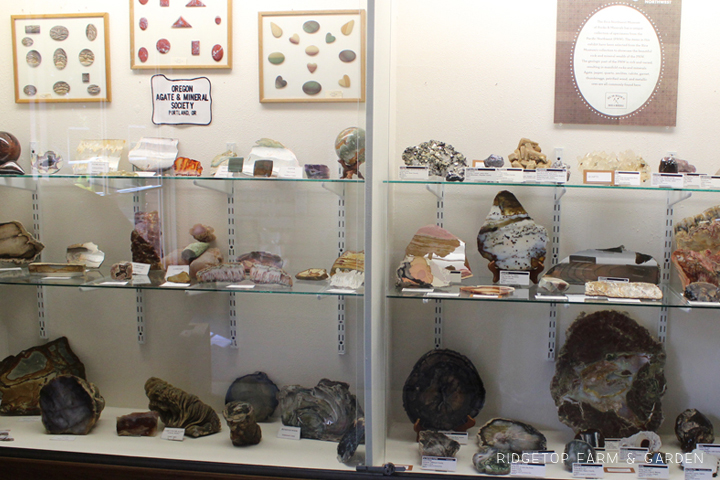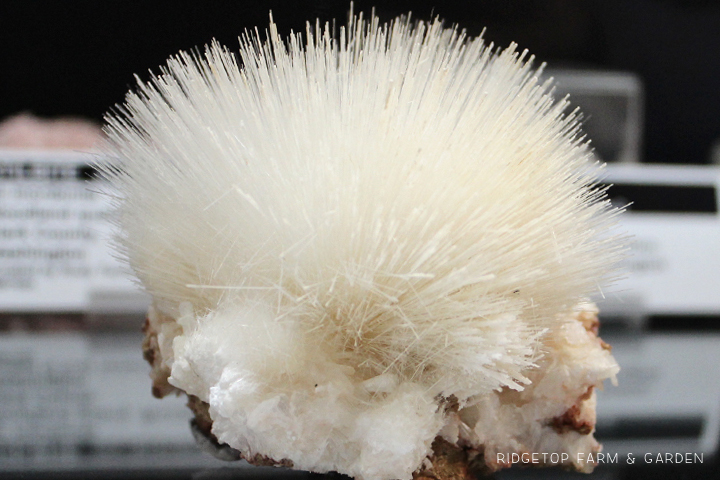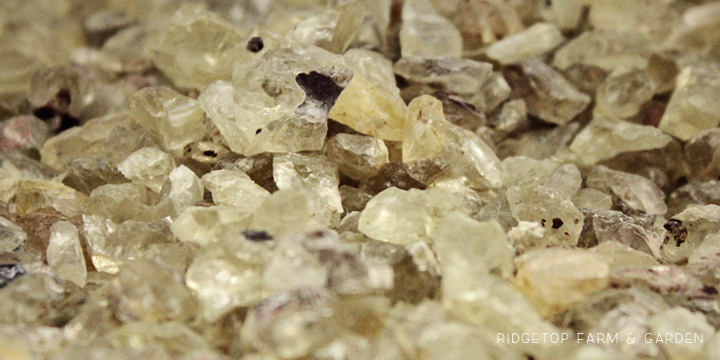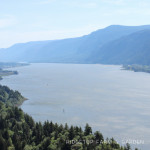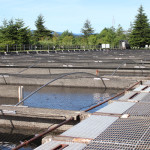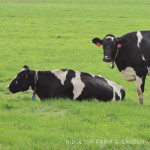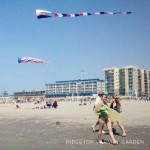Day 3 includes yet another house in the Portland area. The house is listed in the National Registry of Historic Places, but that’s not why most people visit the house. The house is now a museum, the rooms turned into galleries.
If you enjoy natural science then you will adore this museum. If that’s not your thing, then you’ll be really bored here. It really is a museum of pretty much only rocks & minerals.
Technically, it’s called the Rice Northwest Museum of Rocks & Minerals. But, who’s going to say all that? We just call it the Rice Rock Museum or even the Rock Museum.
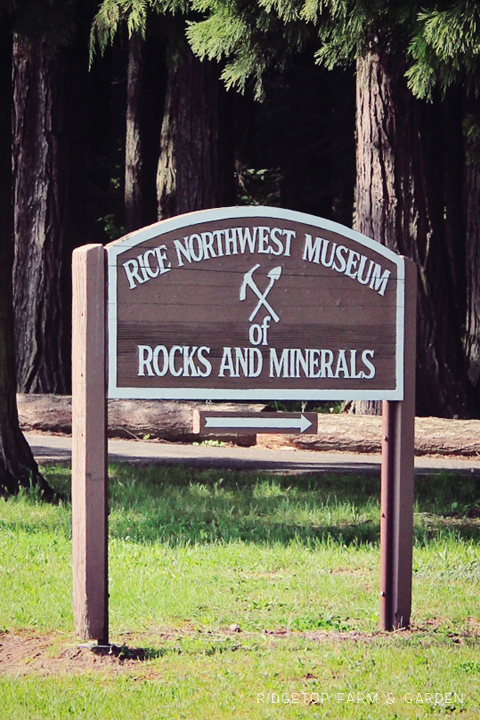
The home turned museum was built in 1952 by rockhounds, Richard & Helen Rice.
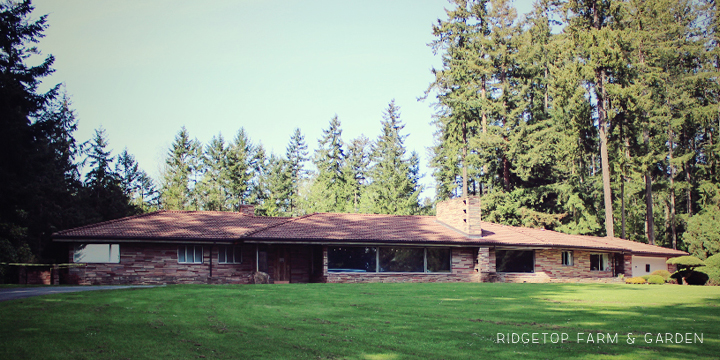
Right out front is a large quartz piece found in Arkansas.
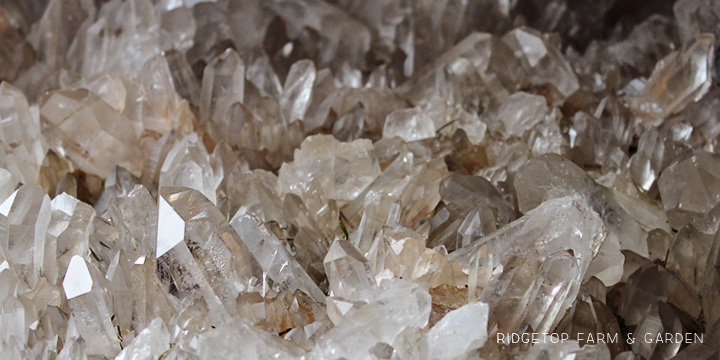
Main Building
The Rainbow Gallery is one of our favorites.
Top: In normal light the minerals aren’t all that wowing…
Bottom: … But, wait a few seconds and the lights go out. Then, they cycle through both shortwave & longwave florescent lights. The minerals react differently to the varying wavelengths. They seem to glow.
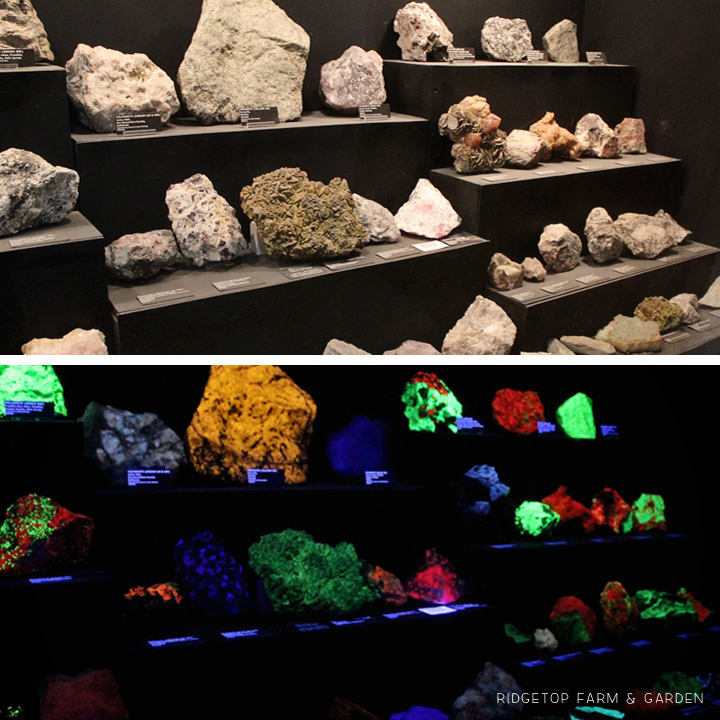
Top: A visual representation of the hardness scale of minerals.
Bottom: The kids can even test the hardness scale themselves.
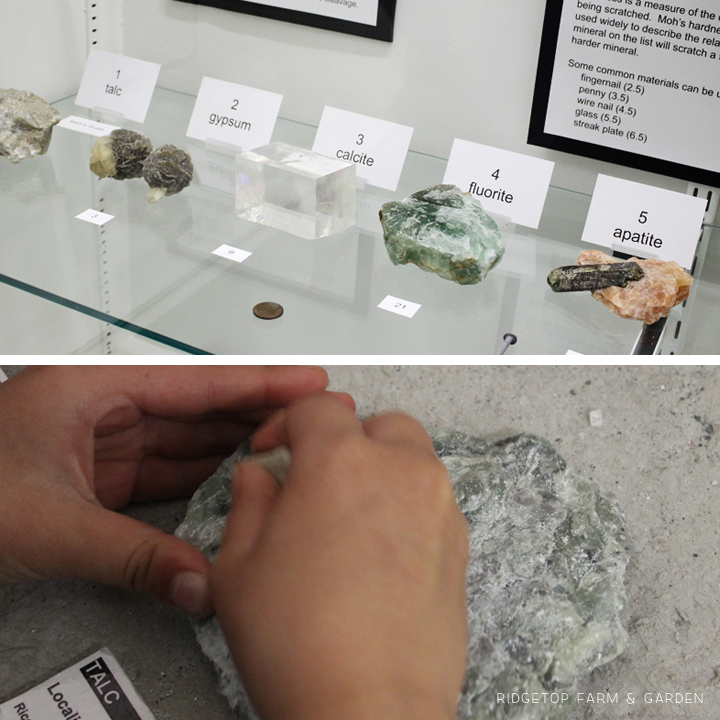
Also on display are examples of how minerals are used in our everyday lives.
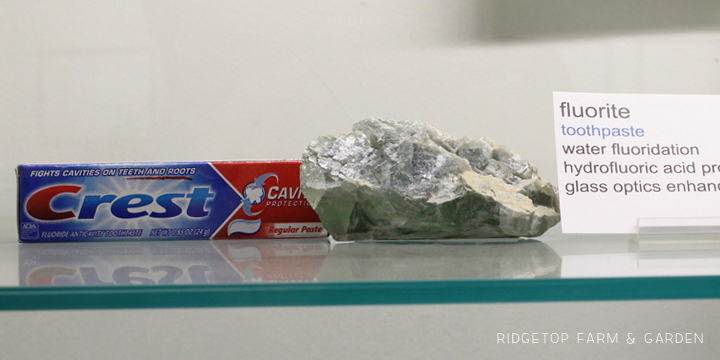
Synthetic Bismuth from Germany
To be honest, I have know idea what that means, but I thought it was super cool.
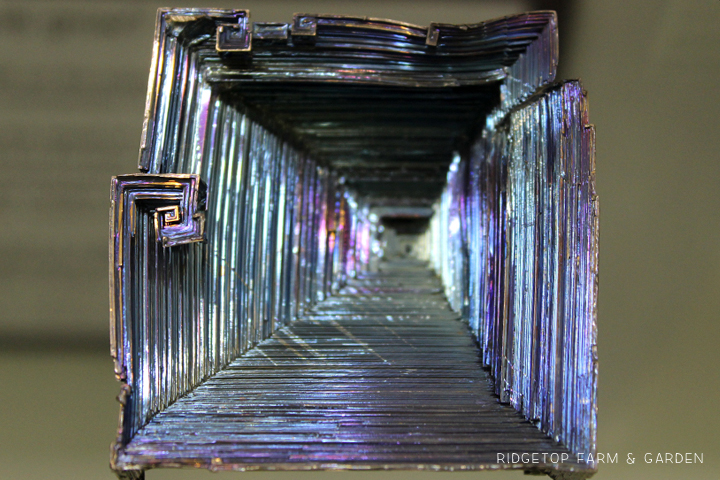
The lady on the left is carved from jade. The piece on the right is agate & from Beijing.
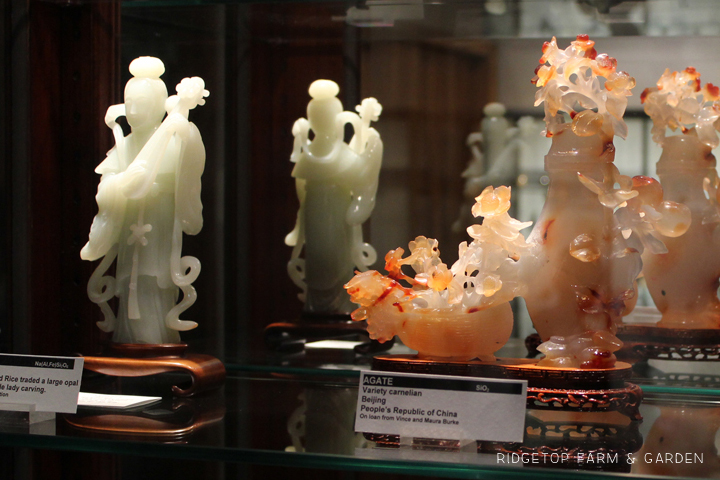
Mt. Hood Aurora Borealis carved from contra luz opal by Thomas Harth Ames.
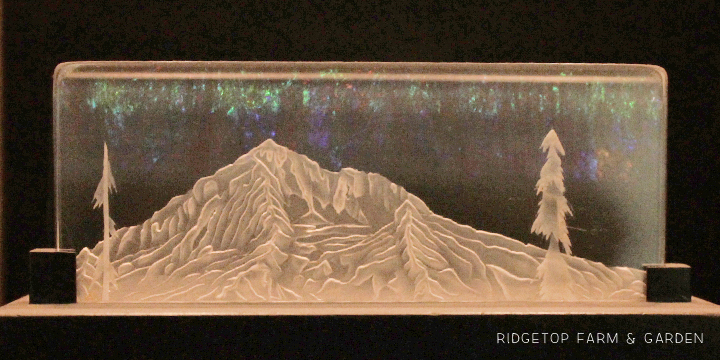
Dennis & Mary Murphy Petrified Wood Gallery
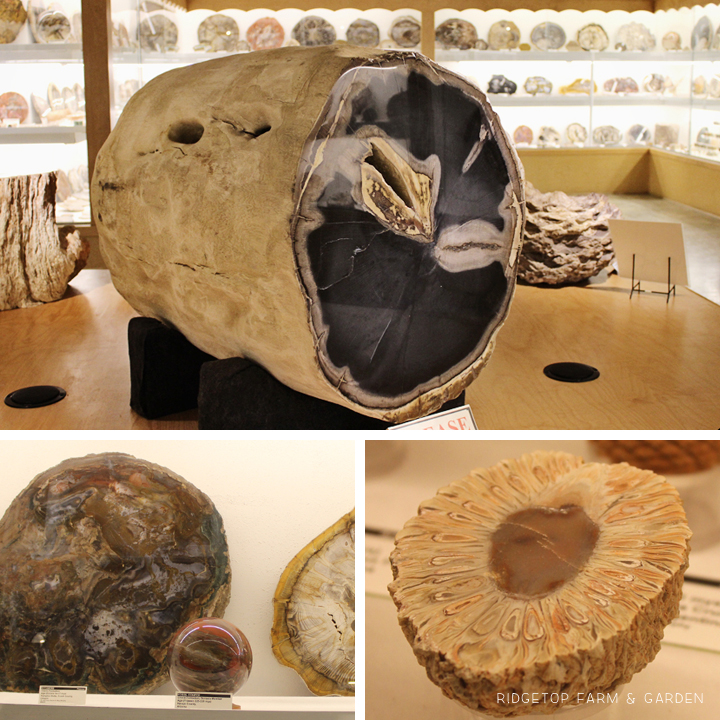
Bottom Left: The green stuff is Pyromorphite. Found in France.
Bottom Right: Wulfenite. Found in Arizona.
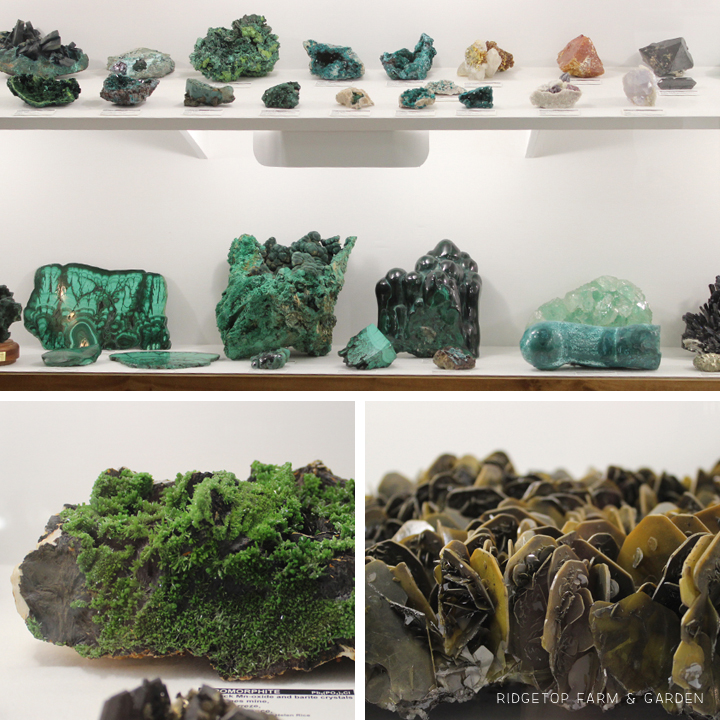
Recently a letterbox was hidden at the museum. Of course, we had to find it.
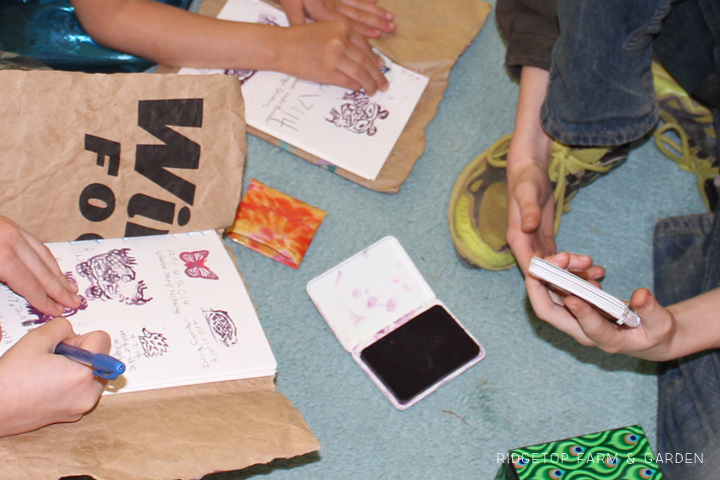
The rare, beautiful & famous ‘Alma Rose’ rhodochrosite. From Colorado.
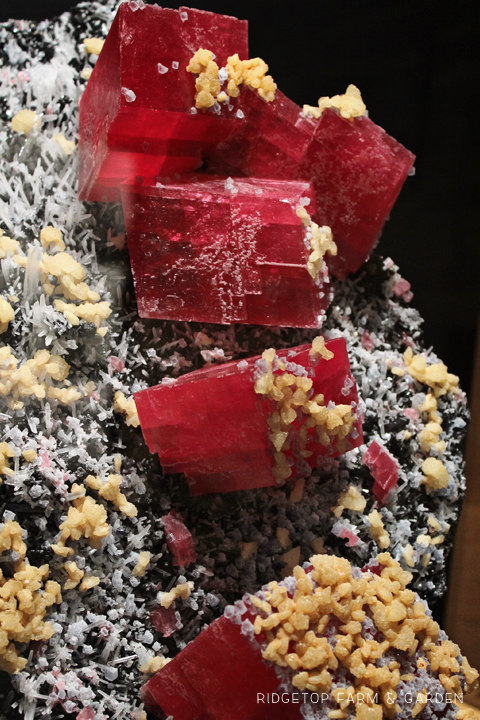
Northwest Mineral Gallery
As you enter this building you are greeted by this huge opal filled thunderegg found in Oregon. The thunderegg is Oregon’s state rock.
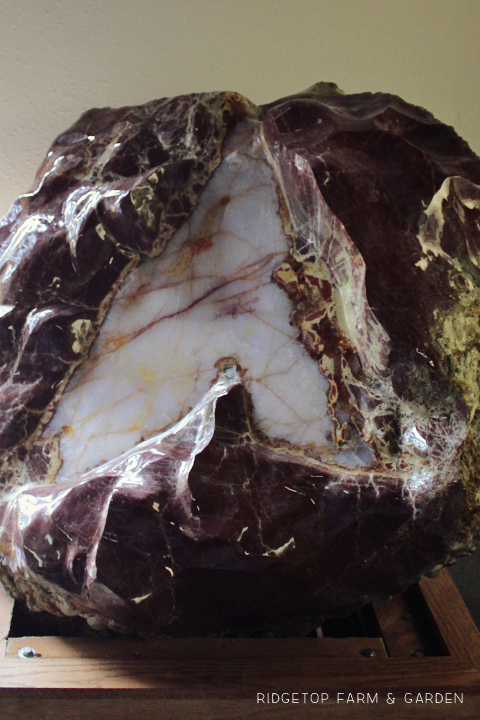
Another good sized Thunderegg. These rocks are dull on the outside, but beautiful inside.
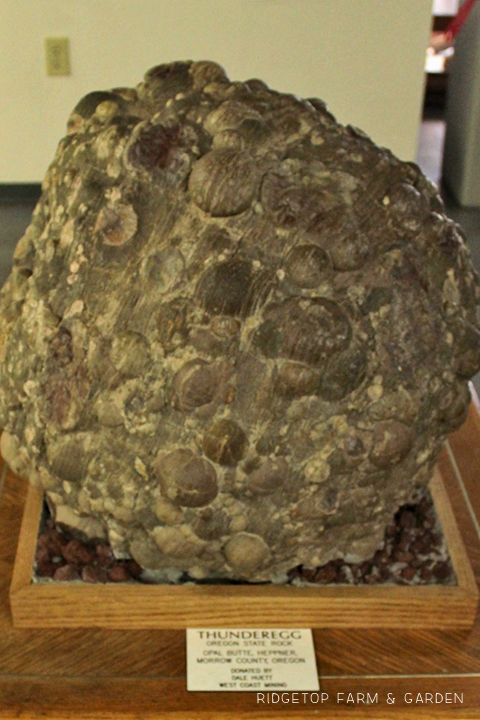
These thundereggs are about fist size, a more typical size.
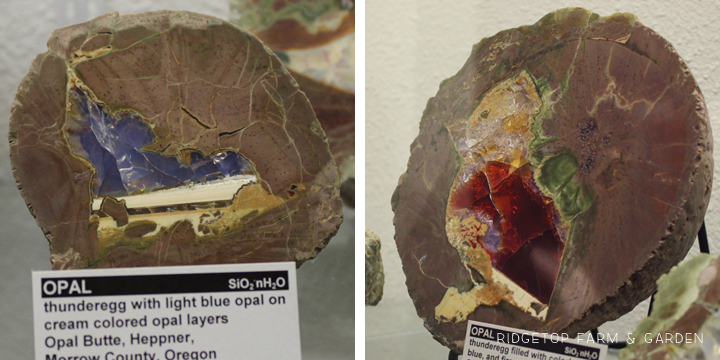
I loved these 3 paintings showing the process of a petrified forest.
Top: “Before Petrification: A forest, including fallen logs is depicted. Volcanoes are erupting in the distance. A lake separates the forest from the volcanoes, and the lakes water cools the lava.”
Middle: “During Petrification: Logs are buried under lava (basalt) and a top layer of soil has developed, implying a long passage of time since burial. The overlying basalt and soil create anaerobic environment preventing the wood from decomposing. Silica rich water seeps down through the soil and basalt to the wood and precipitates microcrystalline quartz (agate/chert/jasper) and/or opal. Other minerals/elements in the water (eg iron) cause the coloration.”
Bottom: “After Petrification: A new landscape exists and erosion has now exposed the now petrified wood to the surface.”
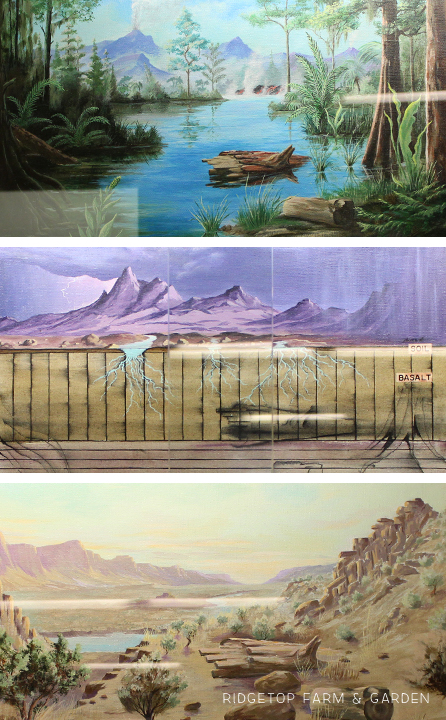
Outside
Left: There is a huge rock pile outside. The kids each got to pick one to take home.
Right: Farm Girl was sweet and gave me her rock to put around our pond. It’s sitting next to a love rock.
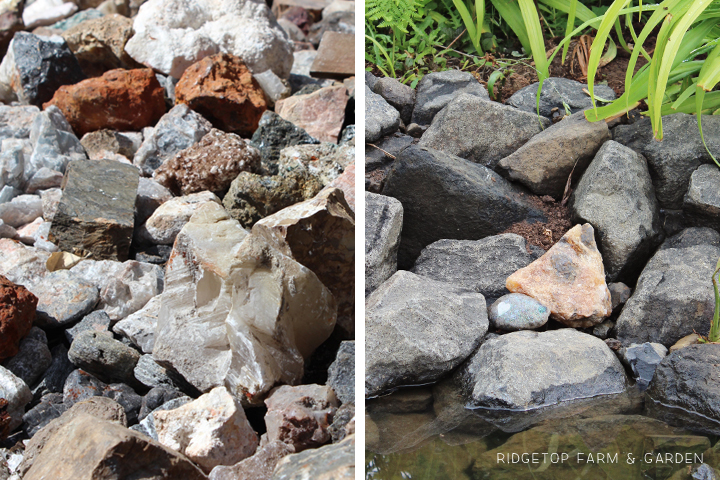
My kids love this Rock Museum. We’ve visited it a few times and I’m sure we’ll visit it again.
To see what others are sharing for the month of October check out write31days.com

